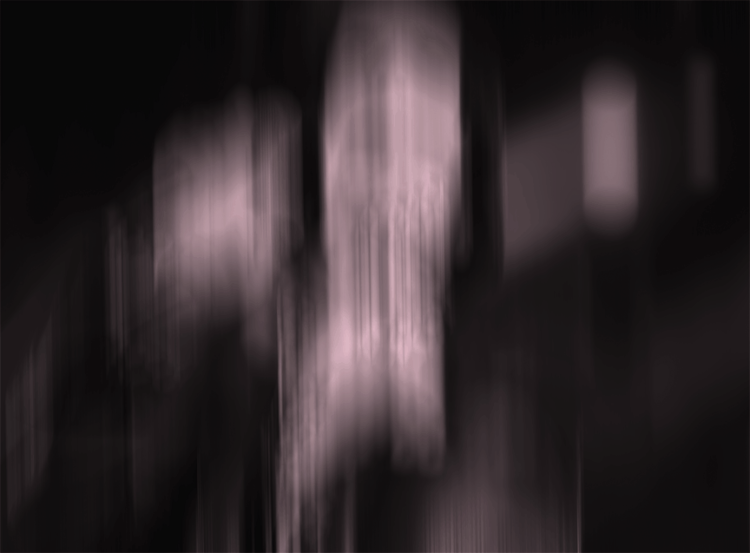Only Nick Cave Can Save Us: Esoteric Reflections on Santiago Zabala's Visiting Faculty Lecture
November 6, 2015
Milos Zahradka Maiorana, Cohort ’15
In a recent double lecture at IDSVA during the summer residency at Spannocchia philosopher Santiago Zabala addressed the question of ontology after Heidegger: what is divided between scientific description and philosophical interpretation as a means for creating an alteration of the status quo – what he calls hermeneutic communism. In the second part of the lecture Zabala dealt with art and philosophy in relation to the absence of emergency and preparing for the emergence of Being as event. As Santiago Zabala suggests all philosophies are ontologies. However we frame philosophy as a discipline, the question of what is remains a constant since its origin and continues to pose a challenge in a residual form, what remains of Being.
.jpeg)
Santiago Zabala continues along the path opened up by Heidegger's fundamental ontology, while radicalizing Gianni Vattimo's notion of weak thought. For Vattimo and Zabala, Heidegger's task of overcoming metaphysics becomes the task of interpreting or twisting what was previously considered as something stable, Being-as-presence. Weak thought relativizes previous philosophical concepts posed as the grounding for the disclosure of Truth. As Zabala mentioned this philosophy can be rightly considered nihilistic by those who have interests to protect.
Twisting Plato's myth of the cave perhaps artist-philosophers prefer the shimmering crepuscule to the cold light of generalized Truth. Echoing Freud's insight Zabala suggests that artists possess a particular inclination and are able to draw from sources which have not yet been taken up by science. In the philosopher’s words artists are already open to the absence of emergency. Since politics don't seem to be working anymore within what Santiago calls framed democracies, and Art (with a big A) is biting the dust (according to Hegel), where shall we look?

We need a testimony, one who is blessed with contingency and may be able to make-ready-for-us. My candidate for the job is the rock singer Nick Cave in the guise of a silky artist-philosopher when he says: “In the end, I am not interested in that which I fully understand. The words I have written over the years are just a veneer. There are truths that lie beneath the surface of the words. Truth that rise up without warning like the humps of a sea monster, and then disappear. What performance in a song is to me, is finding a way to tempt the monster to the surface. To create a space where the creature can break through what is real and what is known to us. This shimmering space, where imagination and reality intersect, this is where all love, and tears, and joy, exist.”
To follow up on this sublime thought with another musical insight from the contemporary philosopher Simon Critchely in his recent book on David Bowie: “Music resounds and calls us to dissent from the world, to experience a dissensus communis, a sociability at odds with common sense. Through the fakery and because of it, we feel a truth that leads us beyond ourselves, towards the imagination of some other way of being.”
